The following is the first installment of a two-part series. The second installment can be found here. This article was recently presented at the international meeting of the Deutsche Gesellschaft


CRITICAL THEORY | SOCIAL ANALYSIS | POLITICAL PHILOSOPHY AND THEOLOGY

The following is the first installment of a two-part series. The second installment can be found here. This article was recently presented at the international meeting of the Deutsche Gesellschaft

We are witnessing the political and cultural transformation of the global public square through internet information technology and digital social media. The public square, once formerly centered around localized, material
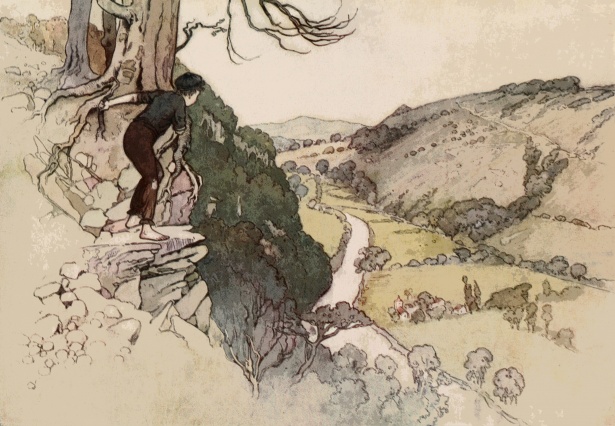
I have been working through a reading of Max Horkheimer and Thedor Adorno’s classic work of Critical Theory, Dialectic of Enlightenment. I am particularly interested in the use of literary
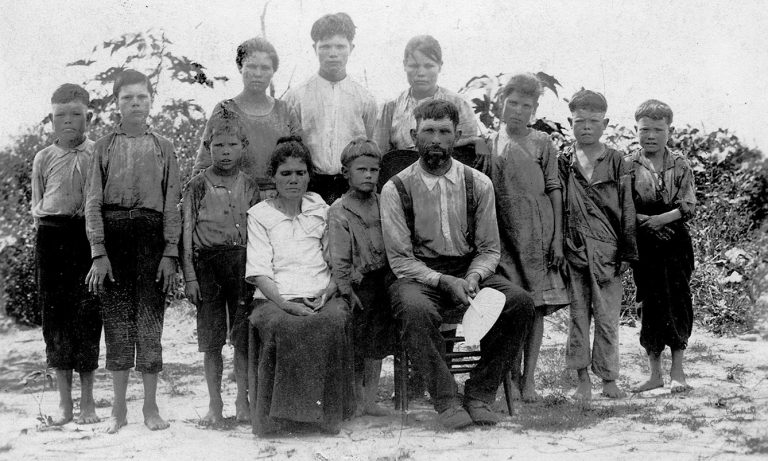
Shame as an affect, an emotion, or a feeling serves a critical purpose in the construction and maintenance of hegemonic power relations. Sara Ahmed defines it in her book The
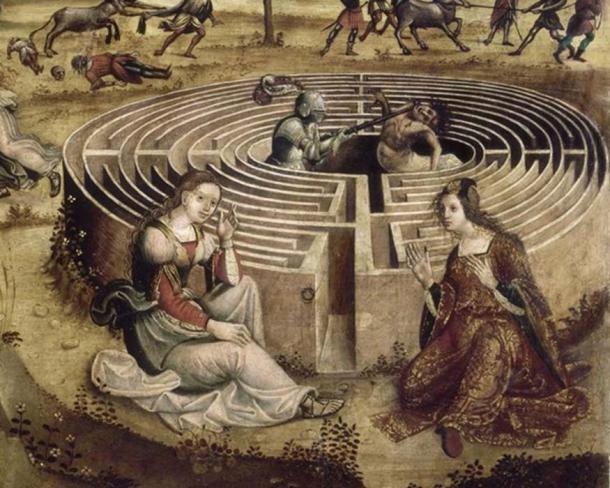
In my previous post, I took a turn from direct analysis of Dialectic of Enlightenment to engage with David Scott’s writing on tragic disposition in Conscripts of Modernity. I then focused
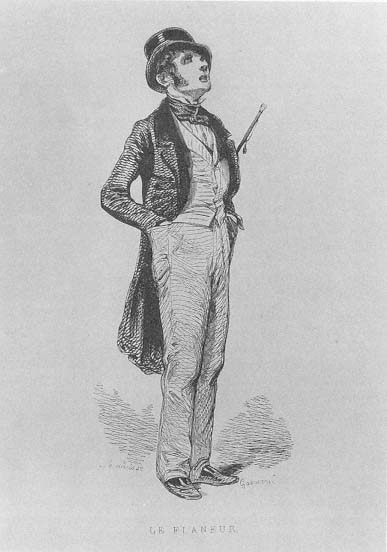
This essay sprang from an effort to understand one of the more obscure passages in Louis Althusser’s contribution to Reading Capital of 1965. Althusser’s commitment to anti-humanism – inaugurated by

The following is a response to Tink Tinker’s “Osage Kettle Carriers – Marmitons, Scullery Boys, And Gender Choices,” posted on on July 23, 2019. It was nearly a decade ago that I

Due to the historical sourcing and cultural explanations necessary to Dr. Tinker’s scholarship, the editors of The New Polis have kept all of the author’s footnotes intact, though we have inserted hyperlinks when

The following is the second of a four-part series. The first can be found here. Politics and the Political There is nothing political about ontology if by “ontology” we simply
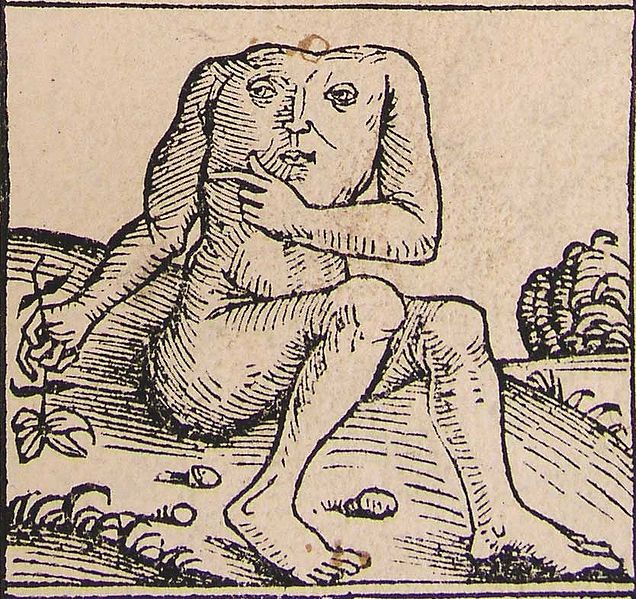
I ended my first post in this series considering David Scott’s description of the tragic disposition as an obligated action in a world where values are “unstable and ambiguous.” I